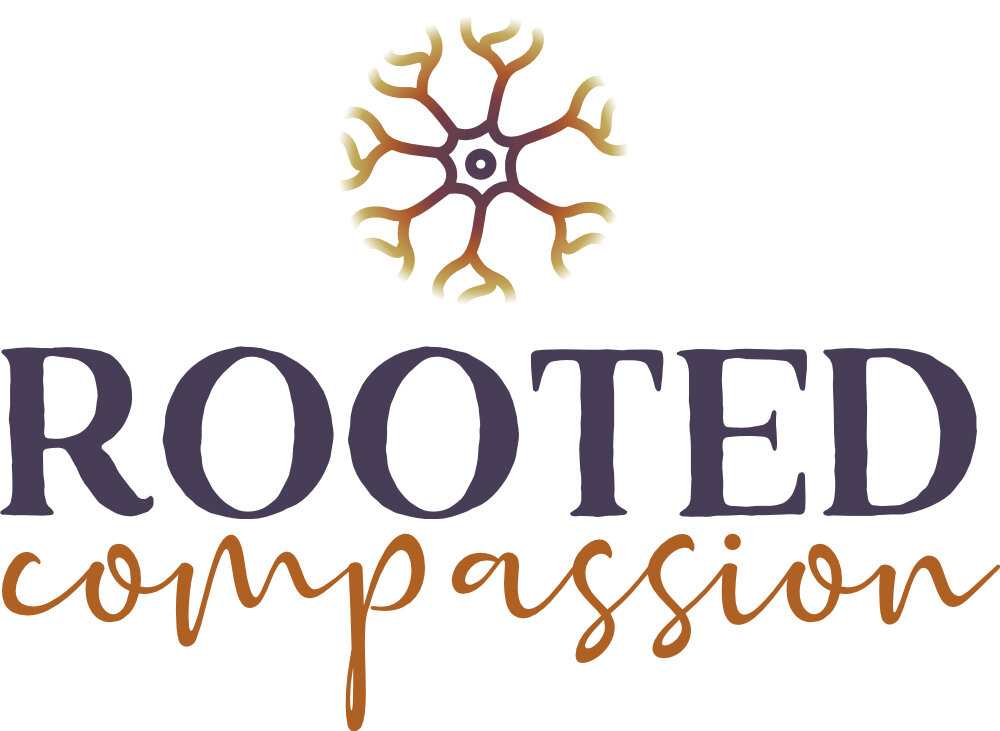The Reality of Mental Health Counseling and Defining the Role of Therapist
I invite you to consider your first exposure to therapy. Was it meeting with a therapist? Seeing a therapist on TV or in a movie? Hearing about it from a friend?
There is a pretty good chance our first impressions of therapy were at least slightly inaccurate (guilty!). Therapy extends beyond common misconceptions that you must be mentally ill, a “difficult” child, or “weak” to receive services.
“The good life is a process, not a state of being. It is a direction, not a destination.”
Picture this: you walk into a room with a complete stranger and begin divulging some of the most intimate information about your life. You lay it all out on the table for this stranger to take a deeper look at. All the while you’re uncertain about how this person might respond. To sweeten the deal, this stranger doesn’t reciprocate any of the vulnerability you just put on display to be dissected piece by piece. Sounds exactly what someone who is “weak” might love, right?
WRONG.
I’m here to say that choosing to go to therapy might be one of the hardest, and most gratifying, decisions you could ever make.
The benefits of therapy extend beyond addressing our immediate stressors, feelings of overwhelm, anxiety, or depression. Therapists work with you as a collaborative partner wherever therapy may take you while providing unconditional support, validation, and healthy challenges.
This collaborative partnership has boundaries and expectations like any other relationship. First of which is consistency. The somewhat harsh reality of being a therapist is recognizing I can’t change everything for everyone…alone. *Cue client entry* It is the client’s responsibility to practice utilizing what was discussed during session time. Surprisingly, we see a greater impact on change when we are making the discussed alterations in our everyday lives. Research has shown that clients who spend time outside of sessions implementing change report better treatment outcomes than about 70% of those who didn’t engage in implementing change (Kazantzis et al., 2010).
An hour together a week is a short period of time relative to the other 167 hours we have in that same week. How can you use them wisely?
Imagine therapists as a vehicle. A vehicle that can hold space for you and provide a solid foundation for movement. Therapists can teach you HOW to maintain the vehicle, in the end, it is up to you IF and HOW you decide to maintain it. You are still responsible for safety checks of the vehicle, vehicle maintenance, deciding where to go with the vehicle, and choosing the stops along the way. Keeping in mind, if needed, you can still return to what helped you get the vehicle started.
“[E]very course of therapy consists of small and large spontaneously generated responses or techniques that are impossible to program in advance”
With the innate variability of humans, session focus can change. As your life changes, our approaches require adaptations. This means therapists likely don’t have ready-made solutions for all of life’s stressors.
This invites opportunities for creativity for both parties. We can return to the collaborative partnership that built the foundation to problem-solve, seek support, and most importantly, connect. I encourage you to remember problems are rarely solved in a few sessions and sometimes we might leave feeling different from where we started. At the end of the day, a therapist can be there for support.
References:
Kazantzis, N., Whittington, C., & Dattilio, F. (2010). Meta-analysis of homework effects in cognitive and behavioral therapy: A replication and extension. Clinical Psychology: Science and Practice, 17(2), 144-156.
Rogers, C. R. 1. (1961). On becoming a person: a therapist's view of psychotherapy. Boston: Houghton Mifflin.
Yalom, I. D. (2002). The gift of therapy: An open letter to a new generation of therapists and their patients. New York: HarperCollins.
Megan Kopack, MA, LPC is skilled in synthesizing various therapeutic modalities including The Polyvagal Theory, Mindfulness-Based Practices, Therapeutic Yoga, Somatic-Focused Approaches, Cognitive Behavioral Therapy, and Dialectical Behavior Therapy to create a holistic approach for healing psychologically, physically, and spiritually. Megan is certified in Applied Polyvagal Theory in Therapeutic Yoga and loves to bring any type or style of yoga into the therapy room. Rooted Compassion is thrilled to have her as a member of our team.
The Rooted Compassion team is made up of a group of counselors who have a variety of specialties in order to best serve our clients. We recognize that every person has his/her own personal and unique life experiences and that one modality will not work for every client. Listed below is a summary of our counselors’ specialties at Rooted Compassion:
Emotional Freedom Techniques
Grief Counseling
Somatic Focused Counseling
EMDR
Cognitive Behavioral Therapy
Dialectical Behavior Therapy
Mindfulness-Based Practices
Trauma Responsive Care Techniques
Acceptance and Commitment Therapy
Motivational Interviewing
Gottman Couples Counseling
If you are interested in learning more about what Rooted Compassion is all about, please contact us today, look through our website, or find us on Instagram and Facebook.
Rooted Compassion Counseling is Ohio’s leading practice for trauma therapy through the lens of the nervous system. Our focus is to walk alongside clients as they heal from depression, anxiety, trauma, grief and/or loss. If you or someone you know are seeking to explore and build an inner sense of calm and safety, please contact us today. We would love to help you to find a counselor and counseling techniques that will guide you on your mental health journey to healing.


